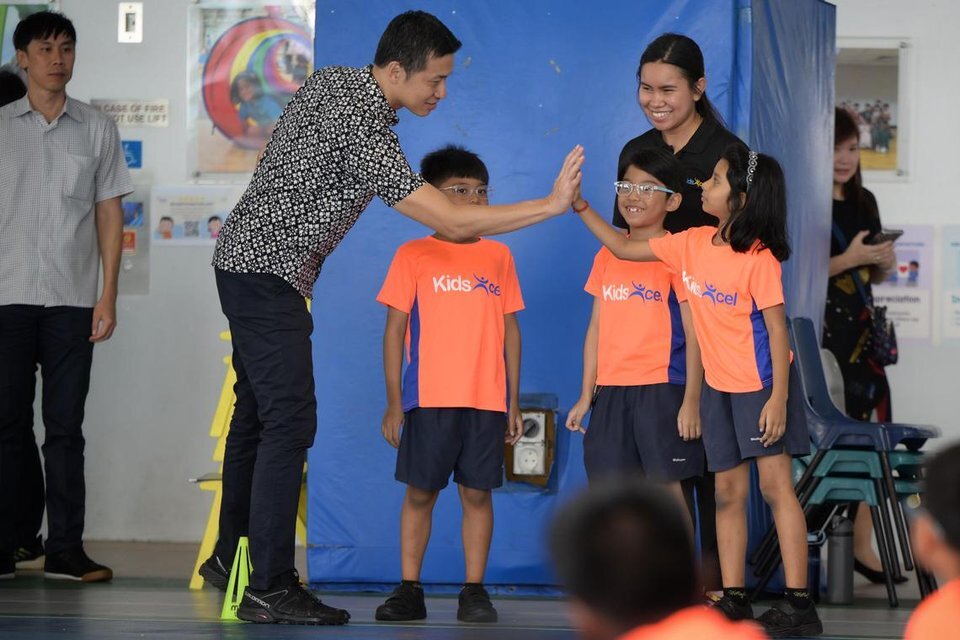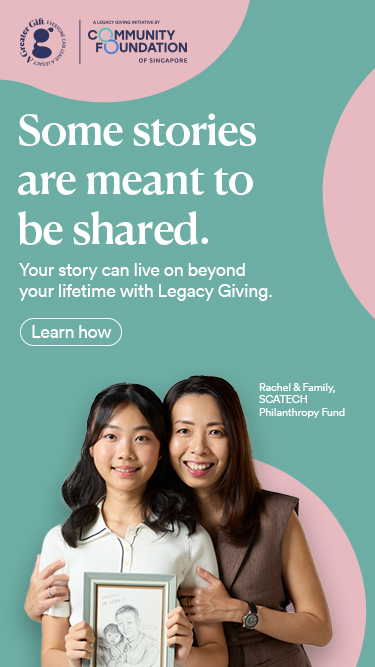Indonesia’s Karim Family Foundation raises S$200,000 to support badminton world champion Loh Kean Yew


An Indonesian tycoon’s family foundation, the Karim Family Foundation, has raised S$200,000 to support badminton player Loh Kean Yew, the first Singaporean to win the Badminton World Federation World Championships.
The Karim Family Foundation – set up by the family of Indonesian tycoon Bachtiar Karim and his wife Dewi Sukwanto – wanted to congratulate Loh for his win at the championships in December 2021, according to Zaobao.
Previously, a crowdfunding initiative Ray of Hope as well as donations from 5 business leaders in Singapore also raised over S$158,000 for the badminton player.
Bachtiar Karim is the executive chairman of Singapore-headquartered oil conglomerate Musim Mas. In 2021, the Karim family had a net worth of around US$3.5 billion, making it the 10th richest in Indonesia, according to Forbes.
Cindy Karim, principal at the Karim Family Foundation, said the family was “inspired” by Loh’s perseverance and humility “even after such an amazing feat”.
Noting that the foundation has had a focus on sports development, art and culture, mental health and education, she added: “We hope to inspire future Loh Kean Yews in Singapore.”
The donation is being made through a donor-advised fund with The Community Foundation of Singapore.
If you too, would like to support a cause of your choice, please click here.
This article was originally published in Business Times here. Source: Business Times © SPH Media Limited. Permission required for reproduction.
An Indonesian tycoon’s family foundation, the Karim Family Foundation, has raised S$200,000 to support badminton player Loh Kean Yew, the first Singaporean to win the Badminton World Federation World Championships.
The Karim Family Foundation – set up by the family of Indonesian tycoon Bachtiar Karim and his wife Dewi Sukwanto – wanted to congratulate Loh for his win at the championships in December 2021, according to Zaobao.
Previously, a crowdfunding initiative Ray of Hope as well as donations from 5 business leaders in Singapore also raised over S$158,000 for the badminton player.
Bachtiar Karim is the executive chairman of Singapore-headquartered oil conglomerate Musim Mas. In 2021, the Karim family had a net worth of around US$3.5 billion, making it the 10th richest in Indonesia, according to Forbes.
Cindy Karim, principal at the Karim Family Foundation, said the family was “inspired” by Loh’s perseverance and humility “even after such an amazing feat”.
Noting that the foundation has had a focus on sports development, art and culture, mental health and education, she added: “We hope to inspire future Loh Kean Yews in Singapore.”
The donation is being made through a donor-advised fund with The Community Foundation of Singapore.
If you too, would like to support a cause of your choice, please click here.
This article was originally published in Business Times here. Source: Business Times © SPH Media Limited. Permission required for reproduction.
- Related Topics For You: ACCESSING QUALITY EDUCATION, ARTS & HERITAGE, CHARITY STORIES, DONOR STORIES, DONOR-ADVISED FUND, MENTAL WELLBEING, NEWS, SPORTS, STORIES OF IMPACT

.jpg)

